These days, it can be hard to tell what’s been written by a human and what’s come from AI. That’s why, for this blog, we’re doing things a little differently. Alongside the written version, we’ve included a video from our Founding Director, Nick, explaining what a sustainability strategy is—so you can hear it directly from us.
Let’s be honest. Our current economic system is pushing our planet beyond its limits, in every direction — from the carbon we’re pumping into the atmosphere to the waste we’re stuffing into landfills, rivers, and oceans. Business as usual is no longer a viable option. And the businesses that succeed in this shifting landscape will be those who choose to evolve.
That evolution starts with a sustainability strategy.
But what is a sustainability strategy?
It’s more than just a feel-good document. A good strategy identifies your business’s material impacts — the most significant ways you affect the environment, people, and the economy. It then sets bold, measurable goals for improving those impacts, and lays out a clear plan for getting there, with specific and timely targets. SMART targets, to be precise — Specific, Measurable, Aspirational, Results-driven, and Time-bound.
Why bother?
Because we’re all operating in a reality that’s governed by science, not opinion. Physics, chemistry, and biology don’t negotiate. There are limits to how much pollution our ecosystems can absorb. Limits to the resources we can extract. And limits to how long we can delay change without seeing real consequences — economic, environmental, and social.
A sustainability strategy forces businesses to confront these limits and their implications — and more importantly, to decide how they want to respond. It prompts uncomfortable but necessary conversations about your impacts, your responsibilities, and the future you want to be part of. And it invites your stakeholders — staff, customers, suppliers, boards, investors, community — into that process.
A well-constructed strategy will provide your business and your people with a clear focus and course of action along with a sense of unity in working together to help achieve a sustainable future.
Where to begin
Start with your stakeholders. Map them. Talk to them. Survey them. Listen. Find out how they perceive your impacts and what they expect from you. What are their own goals? What’s important to them? What are they struggling with?
From there, it’s time to learn. Understand the science — not just of climate change, but of biodiversity loss, plastics, equity, mental health, and everything else that touches your business. Zoom out to see the global picture, then zoom in to your industry, your market, your backyard.
Then comes the big question: what’s your level of ambition?
Do you want to lead, follow closely, or just tick the boxes? There’s no one-size-fits-all answer, but you do need to decide. That decision will shape your focus areas — your material impacts. Choose wisely. No business can do everything, and trying to will only dilute your efforts. Choose the areas where you can make the most meaningful difference.
Write it down. Then own it.
Once you’ve landed your focus areas, set your goals and map out the pathway to reach them. Break that pathway into annual, measurable targets. Be precise. Be ambitious. Be realistic. And be clear about who’s doing what, when, and how.
Don’t do this behind closed doors. Involve the people who’ll be doing the mahi on the ground — not just the senior leadership team. And once your strategy is finalised, share it. Communicate it. Bring people along for the ride. They’ll be more invested if they understand the why behind the work.
Making it stick
Here’s the hard truth: a sustainability strategy doesn’t mean a thing unless you actually deliver on it.
So start with the end in mind. Who’s going to lead the delivery? Who’s responsible for what? What resources and tools do you already have? What do you still need?
And above all: be transparent and authentic. This work is hard. Things will go wrong. You’ll hit roadblocks, lose key staff, or have projects delayed. That’s normal. What matters is how you respond. Share the journey. Share the progress. Share the lessons.
People don’t expect perfection. They expect honesty. And if you can show that you’re learning, evolving, and committed — even when it’s tough — that’s when trust grows. And trust is the foundation of every strong brand.
Ready to start?
At Go Well Consulting, we’ve helped businesses across Aotearoa develop strategies that are grounded in science, shaped by stakeholders, and built to deliver real impact. If you’re ready to step into the new economy — not just survive it, but lead in it — let’s talk.
We’d love to support your journey.
Interested in the strategies we’ve produced for businesses, check out our Sustainability Strategy page.
A.I. Disclaimer:
A.I. was used to provide a transcript of the original video recording relating to this content, and then to review that transcript and write this article as prompted. The article was reviewed and edited by Go Well Consulting.
Written by Nick Morrison, Founding Director of Go Well Consulting.

